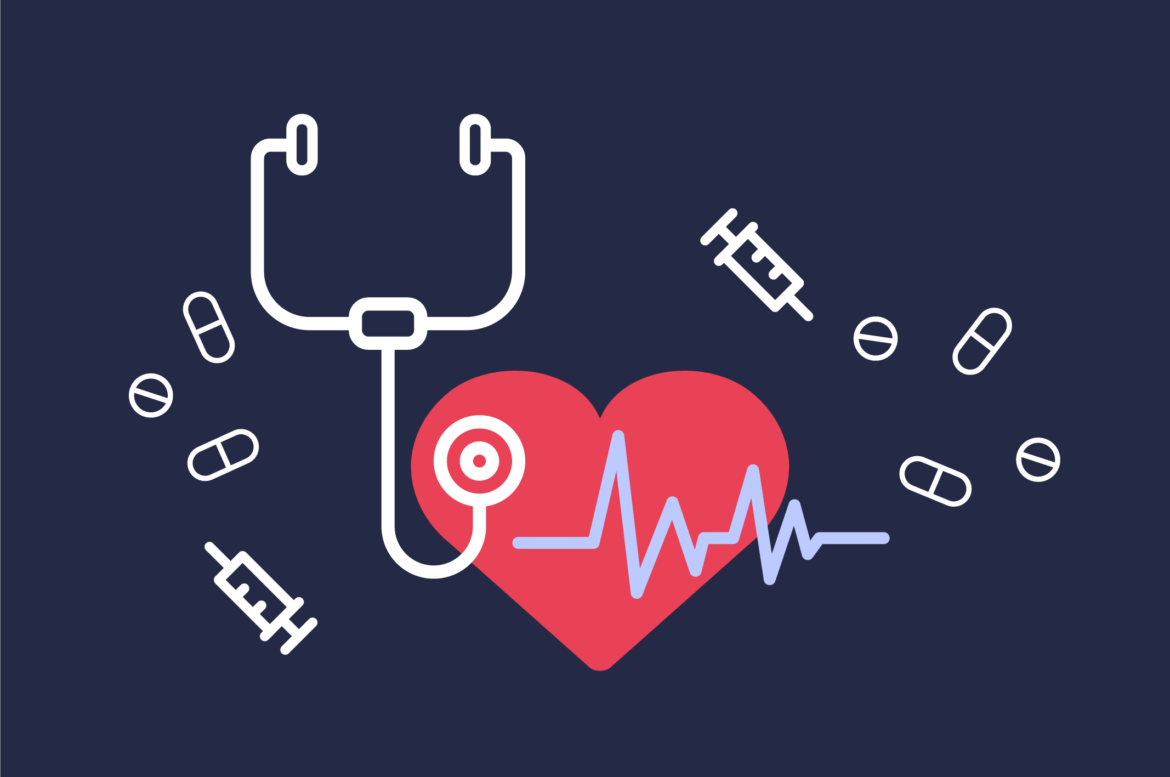The world changes quickly, and it can be hard for young people to understand what kind of career is going to be best for them. They’ll want to do something they are interested in; otherwise, life will be boring and miserable. However, they will also want something that pays enough (or even pays well, if possible) and something that has a future; no one wants to work hard to obtain a degree or experience and then find the job they wanted no longer exists or is becoming obsolete.
Because no one can predict the future, finding this kind of career might seem impossible. How can you tell what will last and what won’t? How can you tell what will move with the times and what will get lost as the future becomes the present?
In most cases, this is not possible, but there are some careers that you can predict the future of. Technology is one of them; it’s clear that tech is something that will keep growing and expanding, and it’s a relatively safe place to stake a career. However, it’s not going to be something that everyone enjoys – some might even find it boring – and if you want something that suits you in different ways, what other options are there? One of the options could be healthcare. In fact, some might even go as far as to say that healthcare is the career of the future. Read on to find out why this is the case and why working in the healthcare industry could be the best choice you can make.
Contents
An Increasing Population Of Elderly People

Healthcare has already done a lot for us. It has meant that people are living a lot longer than ever before, and that is a good thing for a number of reasons. Firstly, it means we are healthier as a population, and as we grow older and retire, we’re still fit enough to do all the things we planned to do, such as travel, take up new hobbies, and so on. In terms of healthcare as a career, however, there are benefits here too.
Not everyone who is older is healthy, even though many are, and the healthcare industry is trying to keep it that way. Some are unwell and require additional care for conditions such as diabetes, heart disease, cancer, and even dementia. All of these people require help from healthcare professionals. The older our population gets, the more healthcare experts will be needed to keep them as healthy as possible. This is just one reason why healthcare is certainly the career of the future; it’s needed now, but it will be needed even more as the years go by.
Earning Potential

It would be nice to think that the earning potential of any particular job isn’t overly important – as long as you are making enough to pay the bills with some left over for fun and savings, that should be fine. However, although that attitude might have been perfectly acceptable in the past and even today to some extent, we’re talking about the future, and in the future, as can already be seen, the cost of living is sure to rise.
This means that what might be considered a ‘fair’ or even ‘good’ salary today would no longer be helpful in the future. Food, fuel, and other essentials will all cost more, and that means there will be less money to put aside; everything will have to be spent. Therefore, if you can find a career that will allow for this and that will pay well not just now, but in the future, healthcare could be a good option. You won’t be totally protected from economic changes, but you will be a lot more comfortable than you might have been if you chose another career path.
Perhaps good wages and healthcare aren’t something you would normally put together, but when you start to investigate a little more, you can see that it’s true. Salaries in healthcare will differ depending on the job itself – doctors earn more than nurses who earn more than porters, for example – but in general terms, this is a good place to earn good money and ensure you are, as far as possible, comfortable in the future.
Job Opportunities

For some sectors, the future means that jobs will be more difficult to come by. Technology is actually making it less likely that people will need to be employed, since a lot of the tasks undertaken by humans today can and will be automated.
Healthcare is the opposite. Although there is a place for automation, and AI is already part of some areas of the healthcare industry (think of the robots used to complete complex surgeries, for example), the fact is that healthcare is a human profession. It is highly unlikely that doctors and nurses will ever be entirely replaced by machines because, when it comes to healing, the human touch is essential.
So, not only will technology not reduce the number of jobs available within the healthcare industry, but you will also more than likely find more jobs are created. This is down to a number of different factors. One of these factors is, as we’ve already said, the population is getting older, and that means more healthcare will be needed, and that in turn means more healthcare staff will be needed. Another reason that jobs will advance is that, as time goes on, additional illnesses and conditions will be discovered, and new techniques will be put in place to treat them. This will result in entirely new departments being opened up, and even specialist clinics to deal with the issues. It’s clear that if you want to work in a profession that will simply keep expanding, healthcare is a good choice.
Flexible Schedules
Something that is already becoming a priority for many is a flexible work schedule. In the past, we were shackled to a traditional nine-to-five working day or perhaps a specific shift pattern. This meant that many things in life were more difficult, including childcare and taking time out to focus on self-care. Everything had to revolve around work, and we simply accepted that, even though studies have shown that this kind of working is actually bad for us in many ways, specifically when it comes to mental health issues like depression and stress.
So, the future should be all about flexible working. The healthcare industry understands this and is the ideal place to allow for it to happen. After all, people get sick 24 hours a day – there can be no nine to five, and there can be no downtime; there has to be a professional workforce on hand throughout the day and night. This means that the work is already broken down into shifts, and, depending on where you work and what your job title is, you might find you are able to work longer days but fewer of them (perhaps three days at 14 hours a day, for example). Or you might opt for a career path that means you work five days a week and have shorter days, but there is a rota to stick to, meaning you can be as flexible as you need to be.
The more qualifications you have, the more say you’ll have in how and when you work, and this can be a good incentive to keep moving up the career ladder; click here to find out more about gaining additional qualifications, for example.
If you are looking for a job that offers truly flexible working and even has some remote positions, then healthcare is certainly something to consider. Although some people will love the idea of working set hours every day and always having weekends off, that won’t suit everyone’s lifestyle, and if it won’t suit yours, you’ll need to ensure you find a job that does.
Many Different Ways To Learn
The traditional way of learning – going to college after high school to obtain a degree – is not going to be so popular in the future. Heading straight to college after high school is the first thing that is already changing; many people find it more important to start earning money, and even though a degree will help them make more, they don’t have the luxury of time; they have to have an income right now.
Plus, college isn’t for everyone. Those who find social situations difficult, those who live in very rural areas and don’t want to move, even those who simply don’t learn in the way that traditional college classes encourage people to learn – they will all find college difficult, if not impossible. It might also be a financial issue; college is not cheap.
The future will ensure that everyone who wants to learn and who requires a college degree to get on in their careers – or even to make a start – will be able to. In many cases, this will be down to online learning. This is a less expensive way to take a college course, and since it is entirely flexible, it is open to all. Many people working in the healthcare sector today would not have been able to obtain the learning and qualifications they needed to do so if it wasn’t for remote learning, and access to this will only improve over time.

